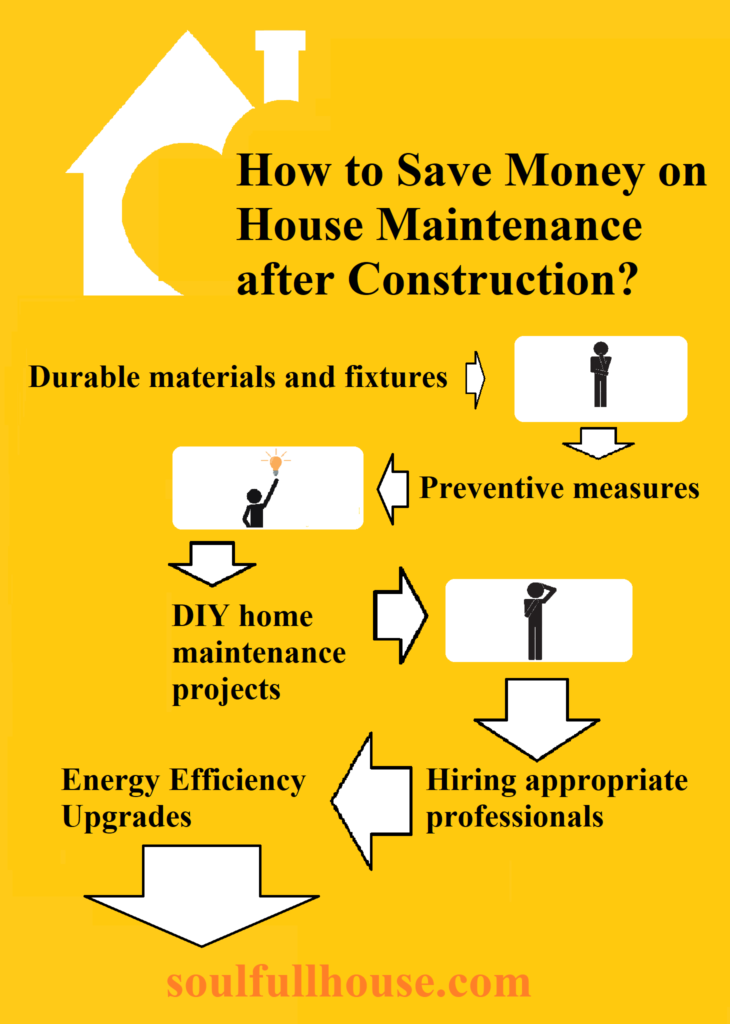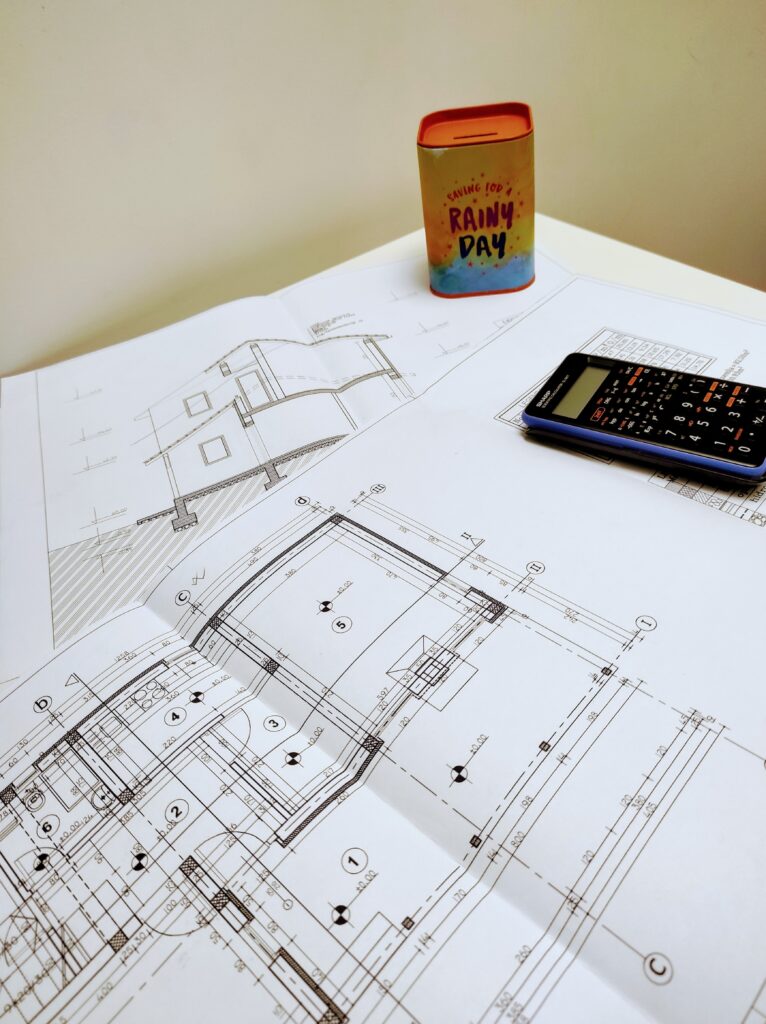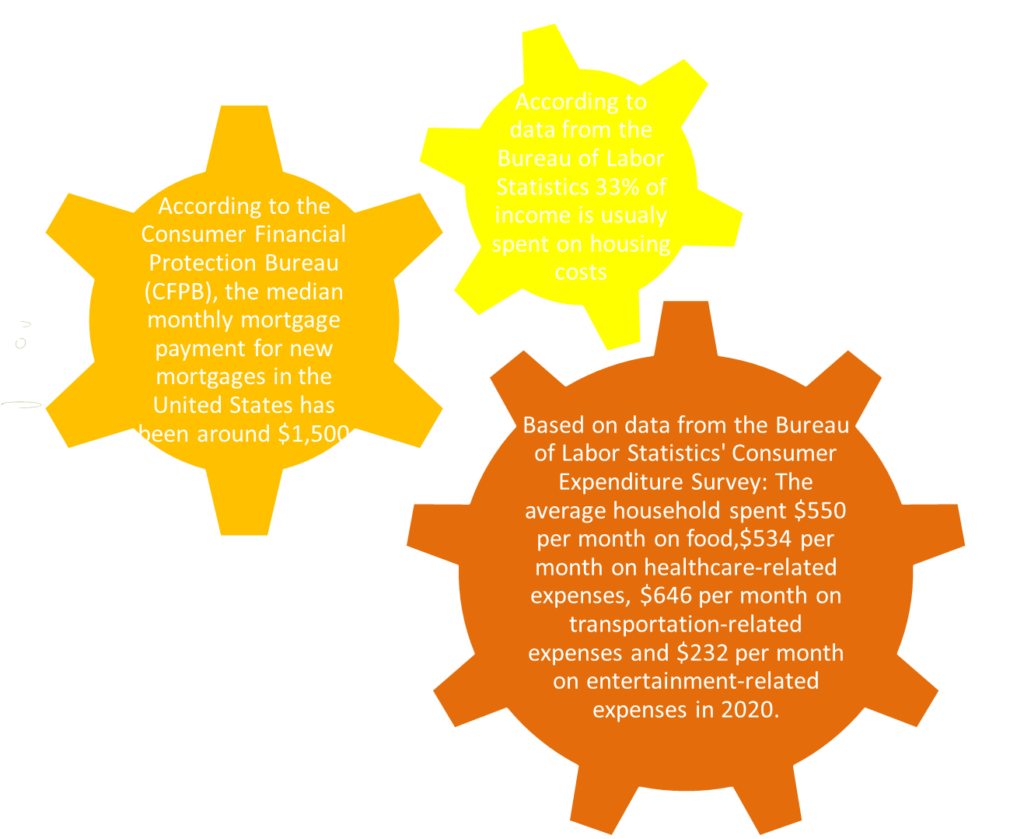Building a house is a significant financial investment, and maintenance can be expensive also. Experienced experts estimate that it is necessary to set aside approximately one percent of the total house value for one year of maintenance, or otherwise, ten percent of the combined monthly value of insurance, taxes and mortgage. In any case, it’s several hundred dollars per month. However, with proper planning and proactive measures, you can save money on house maintenance after construction.

How to save money on house maintenance after construction?
As a general rule, in order to save money on house maintenance, you must learn how to take care of your home to prevent expensive repairs, what to look for when hiring maintenance professionals, and how to perform some basic maintenance tasks yourself. You also have to choose the right materials, appliances, and fixtures for your home.

Durable materials and fixtures
One of the best ways to save money on home maintenance is to choose highly durable materials and fixtures during construction or later during renovation. This does not imply that you will have to pay more initially.
In some cases it is the same material that differs in details. For example, if you buy oak parquet, the price is the same or slightly different depending on the finishing layer you choose, but if it has a high-gloss varnish, it will be considerably more difficult to protect from scratches and to clean than if it is simply oiled.
In other cases, you may spend more for them at first, but you will save money in the long term because they require less maintenance and have a substantially longer lifespan. For example, high-quality roofing materials may last 50 years or more, while cheaper materials may only last 15-20 years. Similarly, high-quality plumbing fixtures may last 20 years or more, while cheaper fixtures may only last 5-10 years.
Preventive measures
Prevention is the key to keeping your home in excellent condition and avoiding expensive repairs. Regular tasks like cleaning gutters, checking for leaks, and inspecting your HVAC system can prevent minor issues from becoming major problems. Inspect your home’s roof, foundation, plumbing, and electrical systems at least once a year.
The first step in saving money on house maintenance after construction is creating a maintenance schedule. Your schedule should also include routine maintenance tasks such as changing air filters, checking and sealing windows and doors, and inspecting your roofing for leaks.
It’s essential to stick to your maintenance schedule and make adjustments only if absolutely needed. Regular maintenance will prevent costly repairs in the future and keep your house in top shape.
DIY projects for home maintenance
There are many home maintenance tasks that you can do yourself, such as changing air filters, cleaning gutters, and fixing minor plumbing issues. With the help of YouTube tutorials and instructional videos, you can learn how to perform these tasks and more. By doing these tasks yourself, you can save money on professional services. However, it’s important to know your limitations and not attempt tasks that are beyond your skill level. These kind of projects include:
- Painting: A fresh coat of paint can do wonders for the appearance of your home. You can save money by painting the interior and exterior of your home yourself.
- Caulking: Caulking around windows and doors can prevent air leaks and improve your home’s energy efficiency. It’s a simple task that can be done with a caulking gun and a tube of caulk.
- Cleaning: Regular cleaning of your home’s exterior and interior can prevent damage and prolong the life of your home’s surfaces. You can save money by cleaning gutters, pressure washing decks and patios, and cleaning windows yourself.
Hiring appropriate professionals
While you can and you should perform some basic maintenance tasks yourself, you’ll need to hire professionals for more complex one. However, not all maintenance professionals are created equal. Selecting the appropriate house maintenance specialists is critical to ensuring that your home is well cared for and that any repairs or improvements are completed correctly. Here are some suggestions to help you select the best professionals:
- Before employing someone, conduct research to determine what services you require and which professionals specialize in those skills. You can get a list of qualified professionals by searching online, asking friends and family for referrals, or consulting with local trade associations.
- Check credentials: Confirm that the specialists you’re thinking about hiring have the relevant licenses and certifications from your state or local government. This guarantees that they are qualified to undertake the work you require and that they adhere to all safety rules.
- Read reviews: Search for feedback from prior clients or customers to get a sense of their experiences with the pros you’re considering. This might assist you in determining their level of professionalism, job quality, and dependability.
- Get several quotations: Before making a decision, it is usually a good idea to acquire many quotes from various pros. This will allow you to compare pricing and services to discover the greatest fit for your requirements and budget.
- Communication is essential: When meeting with professionals, take more notice of their communication abilities. Select someone who responds to your concerns, listens to them, and provides clear descriptions of the work they will be undertaking.

Energy Efficiency Upgrades
Energy efficiency upgrades can help you save money on your utility bills while reducing your home’s environmental impact. These upgrades can also add value to your home, making them a smart investment in the long run.
- Install programmable thermostats: Programmable thermostats allow you to regulate the temperature of your house while also saving energy by automatically altering the temperature when you are away or sleeping.
- Improve your insulation: Good insulation keeps your home warm and can help you save money on energy by limiting heat loss or gain.
- Replace inefficient HVAC systems: High-efficiency HVAC systems are designed to use less energy to heat and cool your house, which can help you save money on energy costs while also improving comfort.
- Install energy-efficient lighting: Using LED-light bulbs reduces energy usage and lasts longer than standard incandescent lights.
- Install low-flow faucets and showerheads: Low-flow showerheads and faucets can help minimize water consumption, which can help reduce energy consumption for heating water.
- Update your windows: Energy-efficient windows can help keep your house warm while also lowering energy consumption by avoiding heat loss or gain.
- Install solar panels: By generating clean energy from the sun, solar panels can help cut energy bills.
- Upgrade appliances: Investing in energy-efficient appliances will assist reduce energy use and lower energy bills.
Conclusion. Saving money on house maintenance after construction takes planning and preparation. Establishing a maintenance schedule, investing in quality materials, undertaking DIY jobs, and conducting frequent inspections are all efficient strategies to cut maintenance costs. By using these ideas and tactics, you can keep your house in great shape while lowering your maintenance costs.
